US colleges see 40% drop in foreign applicants
Sat 18 Mar 2017, 10:56:07
The president of Portland State University, Wim Wiewel, met last week with 10 prospective students in Hyderabad. But what started as a get-acquainted visit quickly turned into more of a counselling session, as the students expressed fears about coming to the United States this fall.
One student, who is Muslim, said his father was worried that the US had an anti-Muslim attitude, Wiewel recounted. “Several others said they were concerned about the ‘Trump effect,'” he said in an email. “I’d say the rhetoric and actual executive orders are definitely having a chilling effect,” Wiewel wrote, referring to the Trump administration’s travel ban.
Like many universities across the country, the Oregon university is getting fewer international applications. Nearly 40% of colleges are reporting overall declines in applications from international students, according to a survey of 250 colleges and universities, released this week by the American Association of Collegiate Registrars and Admissions Officers. The biggest decline is in applications from West Asia.
Many officials cited worries among prospective students about Trump administration immigration policies. “International student recruitment professionals report a great deal of concern from students all over
the globe,” the study said.
the globe,” the study said.
On Wednesday, the federal judge in Hawaii who blocked the latest version of the administration’s travel ban cited the financial harm the executive order posed to the state’s university system, which recruits students and hires faculty members from the six target countries (Washington state officials raised similar concerns in successfully challenging the first travel ban).
Slumping graduate school applications can be seen at universities ranging from giant Big Ten public universities like Ohio State and Indiana University to regional programmes such as Portland State, a school of just over 27,000 students, including more than 1,900 international students.At Indiana University, international applications for undergraduate programmes increased 6%, but graduate applications for some programmes are posting big drops, said David Zaret, vice president for international affairs.
Zaret said international applications to the masters programme in business were down 20%, and down 30% in both the master of law programme and at the School of Informatics and Computing. The university will not have problems filling the programmes, but the drop might affect the overall quality of the applicant pool, he said.
No Comments For This Post, Be first to write a Comment.
Most viewed from Edu and Jobs
AIMIM News
Latest Urdu News
Most Viewed
May 26, 2020
Do you think Canada-India relations will improve under New PM Mark Carney?
Latest Videos View All
Like Us
Home
About Us
Advertise With Us
All Polls
Epaper Archives
Privacy Policy
Contact Us
Download Etemaad App
© 2025 Etemaad Daily News, All Rights Reserved.

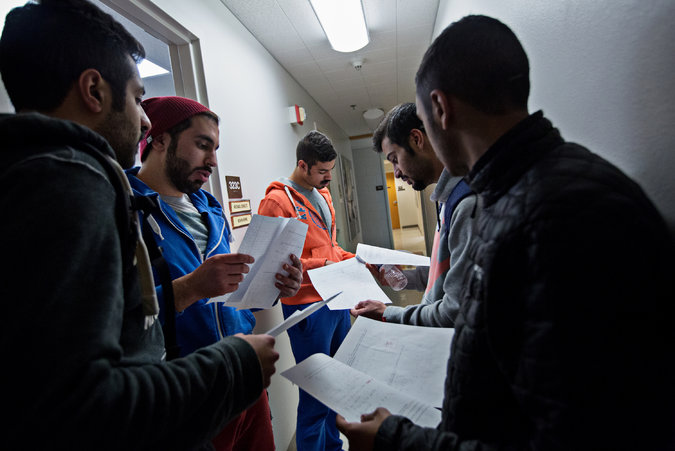
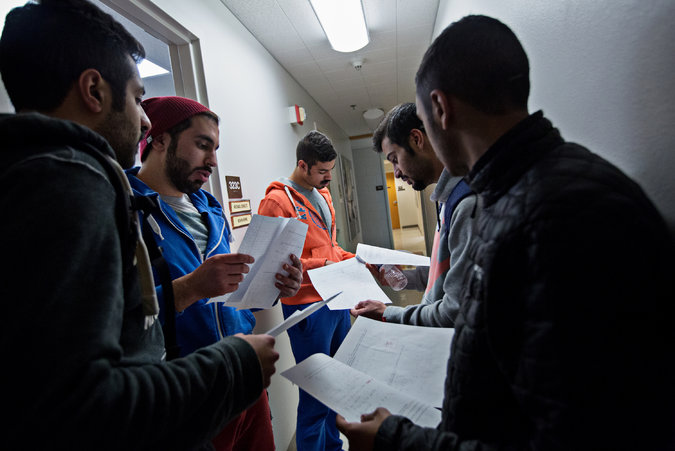

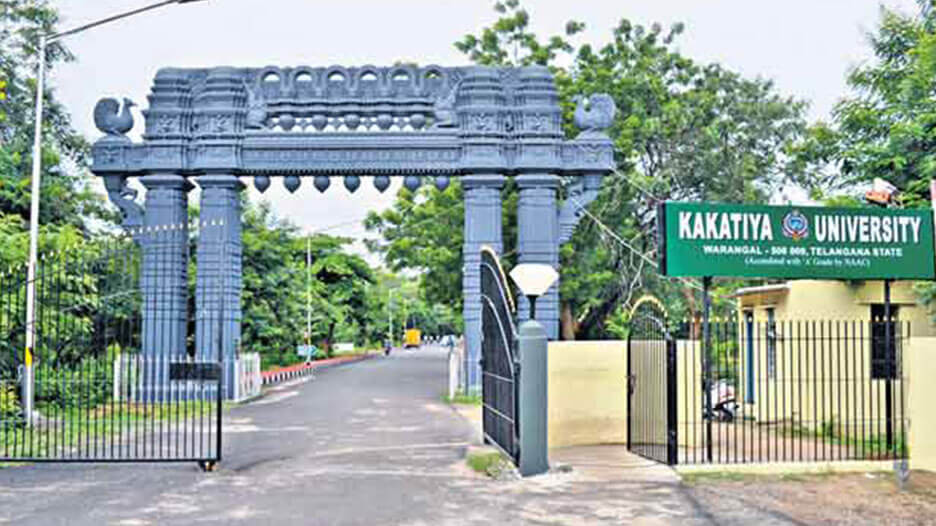
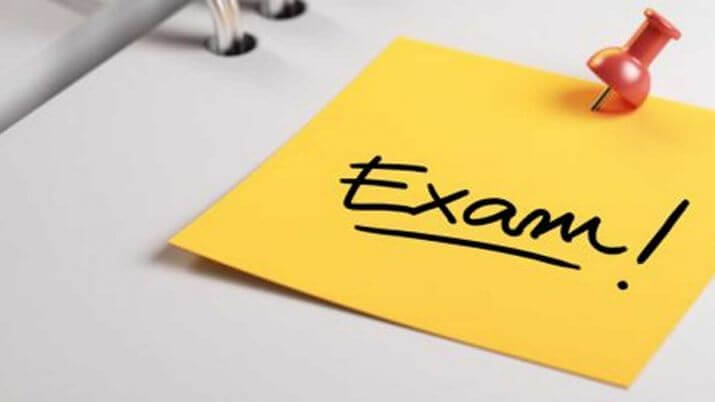


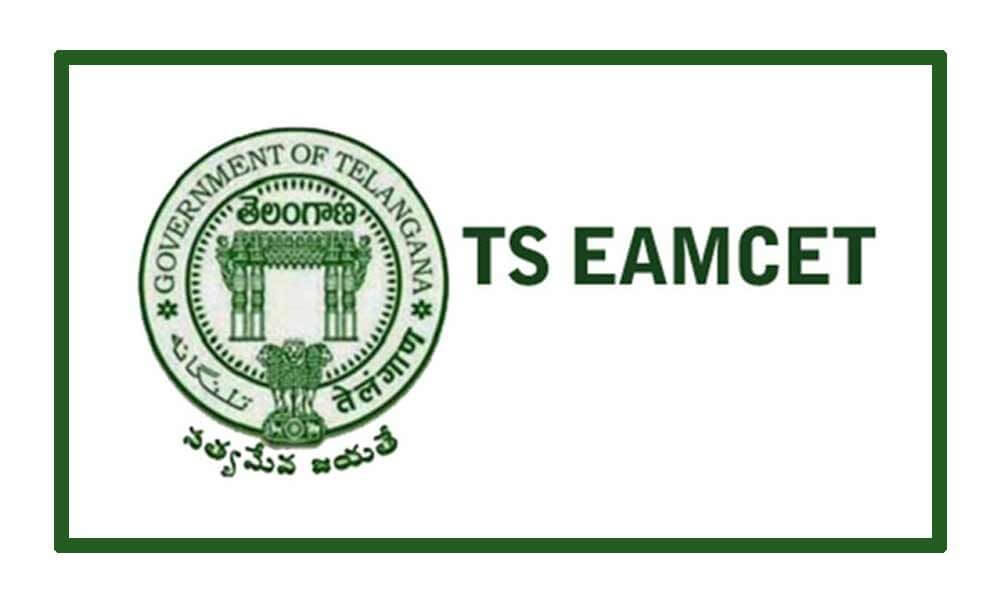


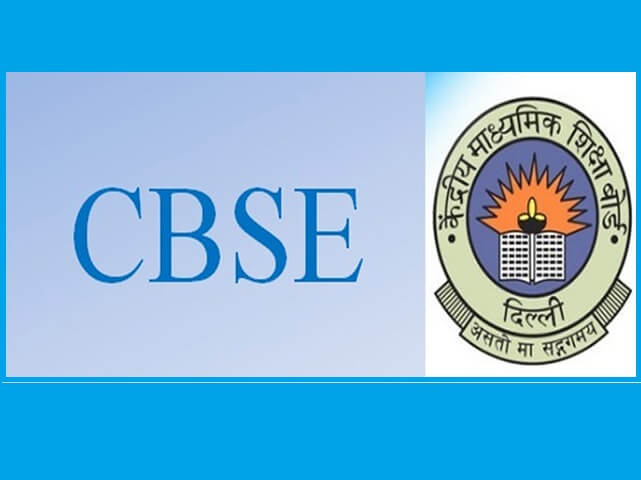

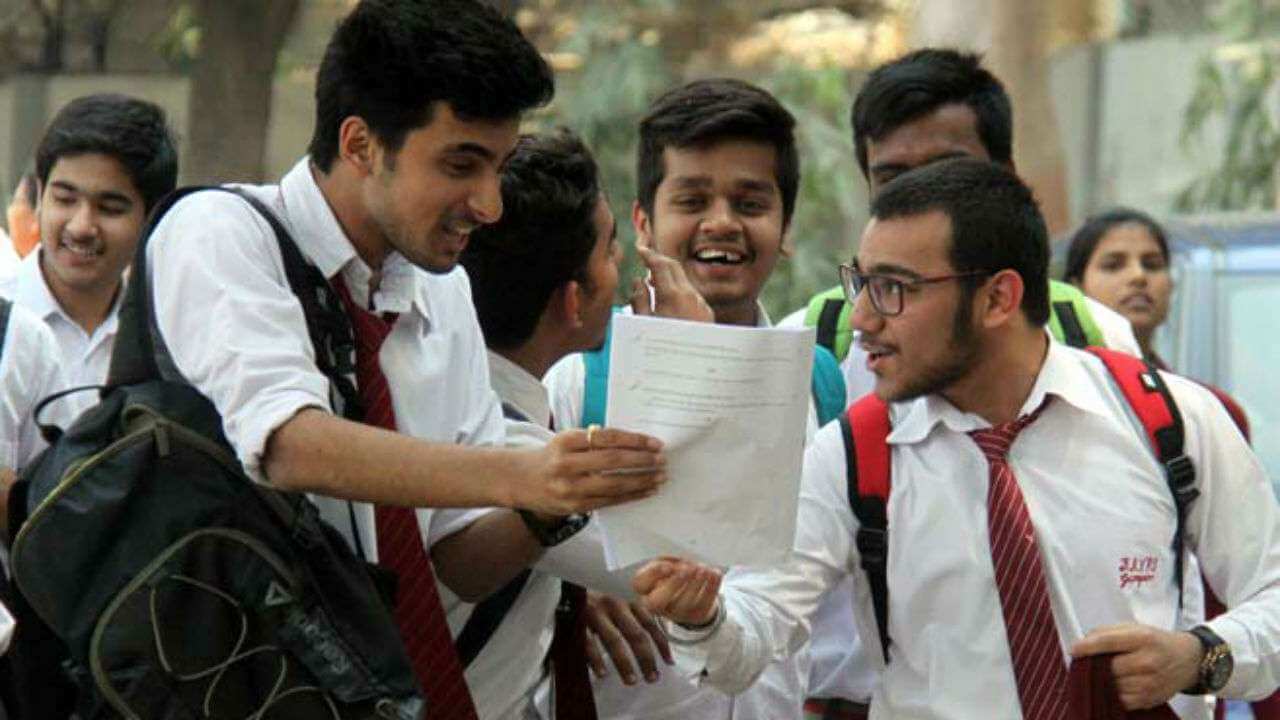
.jpg)

















